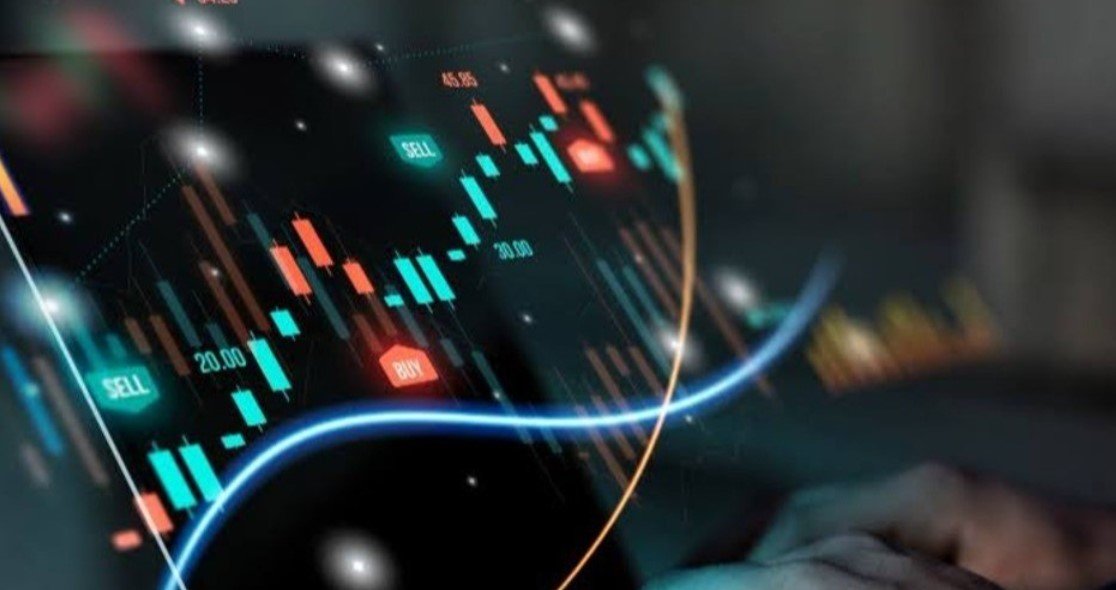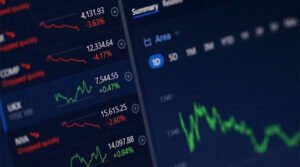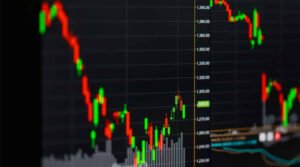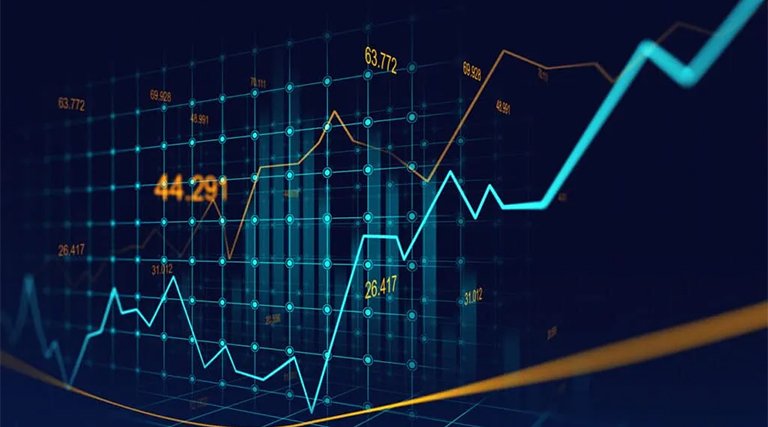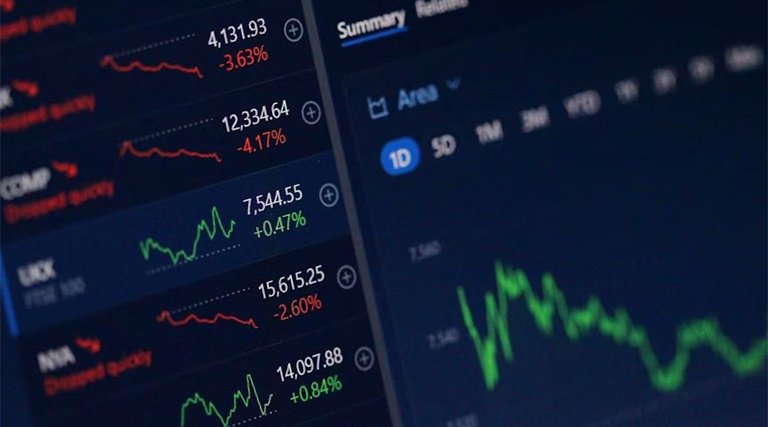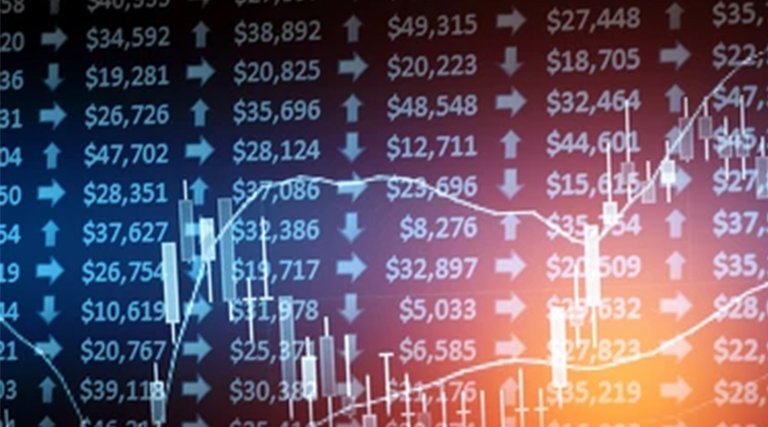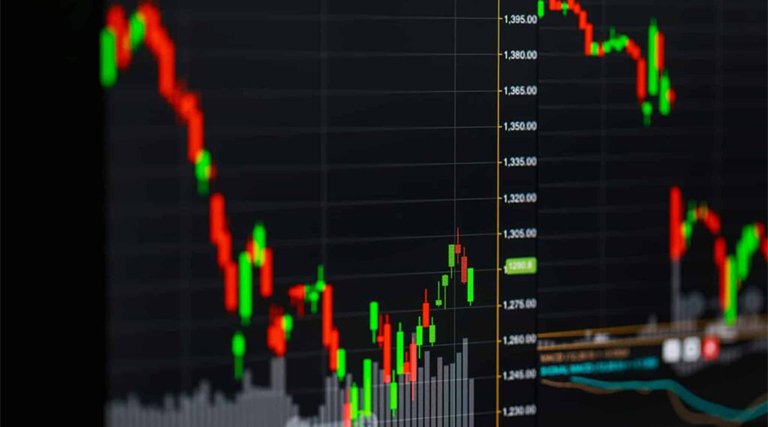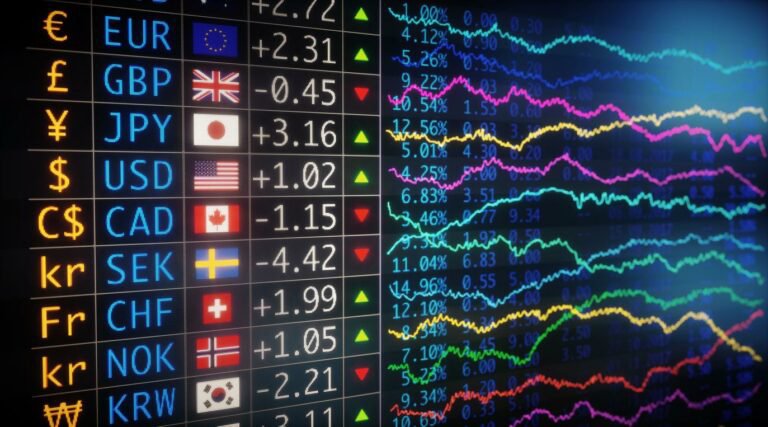The forex market offers incredible opportunities, but it also attracts dishonest brokers looking to take advantage of unsuspecting traders. Every year, thousands of people lose money to scam brokers who promise the world but disappear with clients’ deposits.
The good news is that scams are not hard to spot—if you know what to look for. In this guide, we’ll show you the most common red flags and how to protect yourself from falling into a broker scam.
Lack of Regulation
The first and most important check is regulation. Legitimate brokers are licensed by financial authorities like the FCA (UK), ASIC (Australia), or CySEC (Cyprus). Scam brokers often claim to be “regulated,” but either provide fake license numbers or operate from shady offshore locations.
Always check the regulator’s official website to confirm if a broker is truly licensed.
Unrealistic Promises
Be wary of brokers that advertise:
- Guaranteed profits
- Zero risk trading
- Make $1,000 per day
The forex market is risky, and no legitimate broker will promise guaranteed returns. If it sounds too good to be true, it usually is.
Problems With Withdrawals
A classic scam tactic is making it easy to deposit money but extremely difficult to withdraw it. Some brokers delay withdrawals, demand extra fees, or simply stop responding once you request your money back.
Before depositing large amounts, test the broker with a small withdrawal.
Poor or Pushy Customer Support
Scam brokers often use aggressive sales tactics. If a broker constantly pressures you to deposit more, calls you every day, or refuses to answer direct questions, it’s a huge red flag. Reliable brokers offer professional support, not high-pressure sales pitches.
No Transparency in Fees and Spreads
Legitimate brokers clearly publish their fees, spreads, and trading conditions. Scam brokers often hide charges or suddenly increase spreads to wipe out traders’ accounts.
Always read the broker’s terms and conditions carefully before trading.
Fake Reviews and Testimonials
Many scam brokers flood the internet with fake positive reviews to appear trustworthy. Look for reviews on trusted websites and forums, and pay attention to consistent complaints (like withdrawal problems).
Overly Complicated Bonuses
Some scam brokers lure traders with massive deposit bonuses. The catch? They lock your funds with unrealistic trading volume requirements, making it nearly impossible to withdraw your money.
How to Protect Yourself
- Do your research: Check multiple sources before choosing a broker.
- Verify regulation: Always confirm the license with the regulator’s database.
- Start small: Test deposits and withdrawals before committing larger amounts.
- Stick with well-known names: Brokers with a long history and strong regulation are far safer.
Final Thoughts
The forex industry is legitimate, but scams are still out there. By learning how to spot the warning signs, you can protect your hard-earned money and trade with confidence. Always remember: a trusted, regulated broker is the foundation of your trading success.

